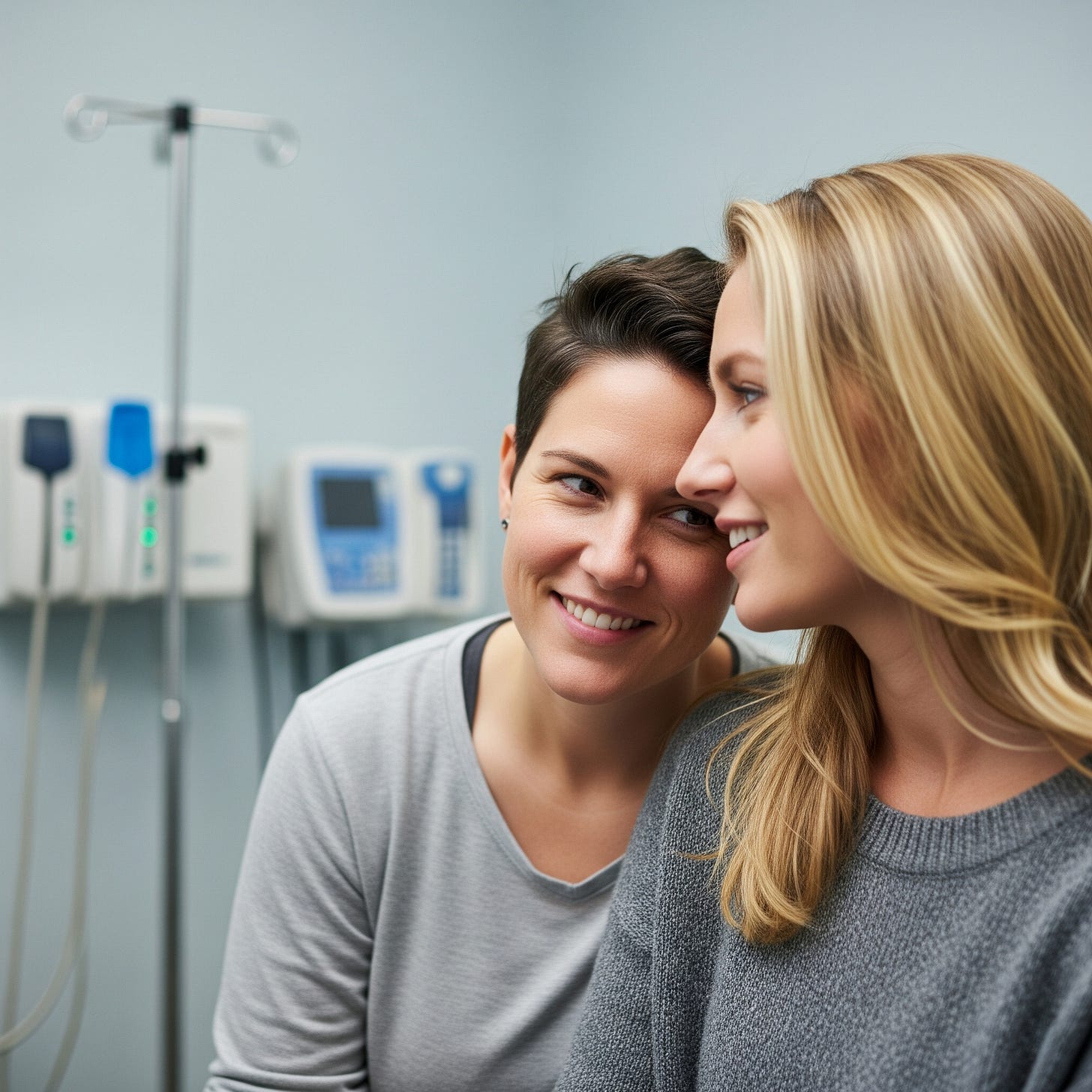The preferences of single women and lesbian couples seeking motherhood through sperm donation in France
The characteristics and parenthood aspirations of single women and lesbian couples seeking motherhood through sperm donation. (Gouya, 2025)
Gouya, C., Mougel, R., Riley, G., Diligent, C., Morettini, D., Morel, O., & Agopiantz, M. (2025). The characteristics and parenthood aspirations of single women and lesbian couples seeking motherhood through sperm donation. Journal of Gynecology Obstetrics and Human Reproduction, 54, 102889. https://doi.org/10.1016/j.jogoh.2024.102889
Geographic Region: France
Note: In August 2021, France expanded assisted reproductive technology access to lesbian couples and single women, removing the previous medical infertility requirement for heterosexual couples only.
Research Question: What are the demographic, clinical, and aspirational characteristics of single women and lesbian couples newly accessing assisted reproductive technology with sperm donation in France following the 2021 bioethics law change, and how do these characteristics compare with the historical population of heterosexual couples using sperm donation?
Design: This was an observational, retrospective, single-center study conducted from October 2021 to June 2023 (20 months) at Nancy Regional University Hospital Fertility Center, one of the first centers in France to implement the new law. Data was extracted retrospectively from medical records, including clinical characteristics, demographic information, and parenthood aspirations data (time since desire of parenthood, previous or actual history of ART and country if abroad, time to access ART, and projected type of ART (IUI, IVF or embryo donation), desire of reception of oocytes from the partner).
Sample: 638 women/couples seeking sperm donation. 50% of the women were single, 45% of the women were in lesbian couples, and 6% of the women were in heterosexual couples (5 were with transmen).
Key Findings
Single women showed greater interest in donor identity access (15% considered it very important) compared to lesbian couples (11%) and heterosexual couples (0%). About 80% of single women and lesbian couples and 93% of heterosexual couples had “no preference” about access to information.
Heterosexual couples (78%) and lesbian couples (73%) prioritized the donor’s physical appearance characteristics matching the intended parents more than single women (49%). This finding was statistically significant.
18% of lesbian couples showed an interest in reciprocal oocyte sharing, with an additional 3% having already performed this procedure abroad.
Limitations: The study was conducted at a single fertility center, which may limit generalizability. There were significant group size disparities with very few heterosexual couples (37) compared to single women (317) and lesbian couples (284), limiting statistical power for some comparisons.
Applications: Understanding the unique parental intentions of single parents and lesbian couples, for whom access to ART is relatively new in France, is of particular interest to practitioners focused on reproductive rights and donor conception.
Funding Source: Not specified
Lead Author: Claire Gouya is affiliated with the Service de Médecine de la fertilité at CHRU de Nancy, Université de Lorraine, France. No personal connection to donor conception was disclosed.
Regulatory Context
In 2021, France expanded its comprehensive national health insurance coverage for fertility treatments to lesbians and single women.
In 2021, France created a legal pathway to end anonymous donation. Beginning in 2025, children born through gamete donation can request access to identifying donor information when they turn 18.
All fertility treatments, including donor insemination, must occur at government-authorized fertility clinics with mandatory counseling for all parties.
Donors can receive compensation for expenses and inconvenience but not payment for gametes themselves, and there are restrictions on the number of families that can be created from one donor's gametes, though specific limits vary between clinics.
Related Posts


First: Thank you for sharing this!
Second, even before the article really gets started, we see this critically helpful contextual note:
[ Note: In August 2021, France expanded assisted reproductive technology access to lesbian couples and single women, removing the previous medical infertility requirement for heterosexual couples only. ]
And this reflects a big part of why we exist: There are so many hurdles globally for Queer people, Single Women, Black people, and many people of color & minoritized groups to pursue the basic life and community pursuits of reproduction and family.
2021. In France, one of several colonial & imperial influences on the world that held itself up as a paragon of civility and propriety for centuries... finally in 2021... "expands access" in a euphemistic turn on "begins to more publicly moderate its state-sanctioned eugenics activities"